SpaSpa Book Awards 2013 - The Selection Process
The Self-Published and Small Press Author Book Awards were created to showcase the variety of highly regarded independently published books. Originally I wasn't going to run awards for 2013 due to time commitments. However, after viewing a so-called '40 Must-Read Indie Books' stuffed with paranormal romances by the author's friends, I recognised a need for a properly regulated competition that uses more objective measures of quality.
With six months having passed since 2013, readers have had plenty of time to read any books that caught their eye. Hopefully, after we announce our winners, readers will try even more.
I have chosen to publicise the selection process to show the attention to detail and validity that has gone into this competition.
Entry
I object to writing competitions that cost money to enter. Often such events charge authors £50 to £200 simply to enter, and the fees are used to line the pockets of the organisers rather than promote the winners. Of course, any large-scale competition has running costs and many pay-to-enter competitions are legitimate. However, too often the middle man makes more money from authors than authors make in royalties.
To enter, a book simply had to make itself known to me. Because I run Indie Book Bargains, I come into contact with dozens of new books every day. I am fed this information by authors themselves and from my own research into Kindle trends. A third way in which a book could be made known to me was for a reader to recommend it during the period prior to longlist selection, which I advertised on Twitter, Facebook and in forums.
Because of the structure of my book database, books needed a Kindle edition to be considered. This didn't prove to be a problem.
I then began narrowing down the data. The first task was to decide what counted as 'indie'. It was a tough decision as many traditional publishers describe themselves as 'independent' because they are not owned by the 'Big Six', but our awards are intended to promote alternatives to the traditional route. Therefore I changed the focus to Self-Published and Small Press, and hence renamed the competition from Indie Book Bargains to SpaSpa Book Awards. (I also wanted 'Bargains' out of the title, as a low price was not a requirement of the competition.)
I made a list of as many imprints of traditional publishers as I could, and excluded those books. Any book that didn't list a publisher on its Amazon page was considered self-published. Likewise, books with author names that were very similar or identical to publisher names were considered self-published. All other publishing labels were researched individually using Google. If a publisher offered a self-publishing platform, hybrid service or represented a small number of authors (usually less than 20), then I accepted their books. When researching an eBook's publisher proved fruitless, I checked the publisher of its paperback version (where possible) and decided to include books where the publisher was listed as CreateSpace, Lulu, Ingram Spark or FeedARead.
I dropped books for a variety of reasons, for example having no reviews. Of course, many superb books have no reviews on Amazon, but due to the reader-focussed natured of the voting process, I knew that books without reviews were unlikely to have been read by many of our voters, and would not prosper in the competition.
A multitude of parameters were important in narrowing down the data, but the three predominate factors where:
- How readers reacted to a book across the web (especially Amazon.co.uk, Amazon.com and Goodreads)
- How many readers had recommended a book during the advertised vouching phase.
- How many downloads a book attracted if it had been featured on Indie Book Bargains.
In some cases, I dropped books for having unprofessional covers and obvious typos in their blurbs and extracts. Whilst a book's finish is only a small part of the package, I want these awards to show the world that self-published and small press books deserve as much attention as traditionally published books, and we can't do that if our front-runners have sloppy presentation.
With so many deserving books, it was difficult to narrow down shortlists, so I published longlists first. I continued to scrutinise reactions until I had decided on three to six books from each category, for the final round. I would have liked to include more books, but with 27 categories, I felt more than a handful of each would overwhelm the voters.
UK-focus
There was no rule disqualifying books published outside the UK. However, because Indie Book Bargains is a UK-based site, it was natural that the majority of recommendations and submissions were British. We gave more weighting to Amazon.co.uk reviews than Amazon.com.
Sponsorship
So that we can afford to give winners the exposure they deserve, we invited organisations and individuals to sponsor categories. We exercised strict criteria for sponsorship. No author was allowed to advertise a book related to any book in the competition (e.g. the same series or genre). Authors could not sponsor a category in which they had a title longlisted. In one case, an author wanted a banner but all his books were branded similarly to two in the competition, so we asked him to sponsor the 'Thank you for voting' page so that his paid advert could not influence the vote.
All proceeds from sponsorship will go towards promoting the winners, for example, sponsoring a link to the results on Facebook.
In addition to the sponsorship money, Kindle Users Forum (KUF) have donated vouchers for the five overall winners to spend on KUF and DailyFreeBooks advertisements. Many thanks to Lou, the administrator.
We would also like to thank UKAKF for their support.
Drabbles
Over the last two years, drabbles (100 word fiction) have become a very popular form of story. Each day, Indie Book Bargains features a new drabble. Some authors have published entire drabble collections. I asked the drabble community to create a longlist of drabbles published by Indie Book Bargains in 2013, from which I personally chose a shortlist. At least two exceptional drabbles were dropped because they contained in-jokes. I want people from outside the drabble-loving community to enjoy our selection.
The Judges
I saw no point in judging winners based on sales - bestseller charts already exist. Neither was basing awards on reviews sensible - those are too easily influenced by services such as NetGalley, which can artificially inflate the magnitude of responses to a book.
Organising a judging panel for 120 titles was neither practical nor affordable. The main principle of self-publishing is the removal of gatekeepers. Self-publishing is reader-focussed thus I wanted the vote to be influenced by a wide cross-section of readers rather than the personal tastes of a small number of judges.
There are many eBook competitions in which votes from members of the public decide the winners. However, these often suffer from the pitfalls associated with authors encouraging their readers to vote for their work. Awards end up going to the authors with the most active fans rather than to the most deserving books.
To prevent this, we limited the number of new sign-ups who could vote. We felt that Indie Book Bargains's existing followers represented a fair cross-section of UK readers and used a computer program to select people to vote from our membership. The algorithm selected voters based on factors we won't publicise, so as not to jeopardise next year's competition.
The computer program also assigned a limited number of 'invite a friend' codes. This allowed us to attract new people to the competition without allowing authors to rally for large numbers of votes. As a result, only 10% of readers voted for just one author. It is quite possible that some of those voters had genuinely only read one book from the list - there are so many brilliant books out there to be enjoyed.
Authors were allowed to vote for their own books. The reason is that it would have been impossible to police otherwise, as we had no foolproof way of matching voting accounts to books. Many authors did vote for their own books, but some felt uncomfortable doing so and either quietly ignored categories that they were competing in or voted for their peers.
We randomised the order of books on the voting form, so that there were no order effects.
We monitored voting closely for signs of suspicious activity and blocked voters where we saw necessary, always giving blocked members a forum to discuss their disqualification if they felt it had been unfair.
UKAKF and KUF
Some very deserving authors won the 2012 awards. However, there was a bias towards authors who actively participated in two popular Kindle forums, UKAKF and KUF. I took the following steps to avoid the bias this year:
1. When selecting the longlists, I took on board forum members' opinions, but also reserved slots for successful books by authors who weren't active community members.
2. I used the Indie Book Bargains mailing lists to advertise the competition and invite judges. Indie Book Bargains attracts self-published authors, small presses and readers from across the internet.
3. The invite-a-friend codes were more likely to spread to people outside the popular forums because many forum members already had a vote.
4. I announced the longlists weeks before the voting closed, to give people the chance to read some of the books they hadn't otherwise heard of.
It is worth noting that networking is an important part of being a self-publishing success, and a slight leaning towards authors who actively engage with readers is to be expected.
Statistics
249 people voted.
The average reader voted in 14 of the 27 categories.
The average category received 124 votes.
We blocked six voters.
Aside from the Overall category, the most voted-for category was Covers (naturally), followed by Crime, Thrillers & Mystery (Stand Alone).
The Results
The results will be published very soon (during the next few days).
In most cases, the winners were decided by a simple vote count.
However, the Overall category was trickier to decide. At the end of the voting form, voters were shown their choices from all the other categories in a random order, and asked to choose their ultimate favourite. The votes were widespread with 84 different books nominated, the majority of which had less than five votes. There were two clear leaders, but beyond that, the data was fuzzy.
One particular issue was that a book could be ranked higher in Overall than it was in its category. For example, 10 people might have thought Book A was the best in its genre, yet none of them felt it was the best Overall, whilst only 9 people thought Book B was the best in that genre, and they all felt it was the best Overall.
To combat this anomaly, we decided not to allow a book to outrank its genre superiors in the overall chart, i.e. if you were in the top 10 Overall, but the winner of your category was beneath you, you dropped rank. Additionally, when it came to deciding between the many books with five votes, we factored in more complex analyses of the data.
In Summary
Deciding on the 2013 SpaSpa Book Award winners has been a long but, we hope you'll agree, fair process. Many readers expressed they bought numerous books featured in the competition during the selection process. We hope that announcing the winners will result in even more sales of self-published/small press books and, in turn, benefit the whole indie community. We are greatly looking forward to sharing the winners with you very soon.
Cheeky Plug
I decided not to include my own books in the short lists because I felt I would look unfair. If you fancy reading some of my work, download Seesaw - Volume II; it is currently available for free. I recommend jumping straight to My Granny Writes Erotica, which contains a very different type of cheeky plug.
+2 comments
Thanks Rosen and I was excited to reach the long lists let alone some short lists.
You've done an amazing job and you deserve an award just for that!




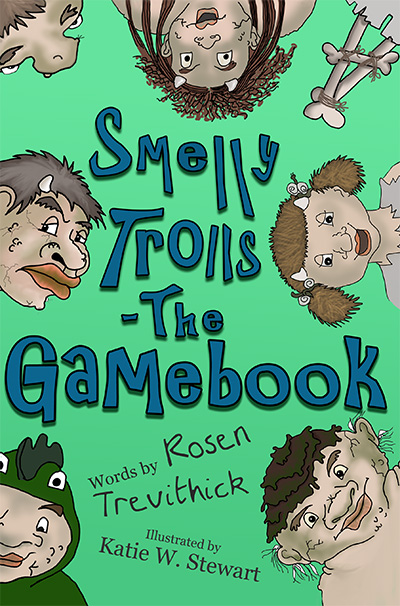
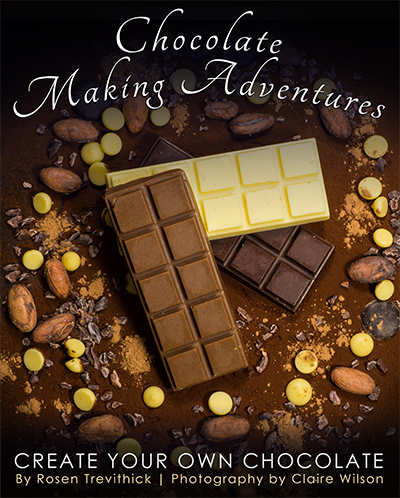
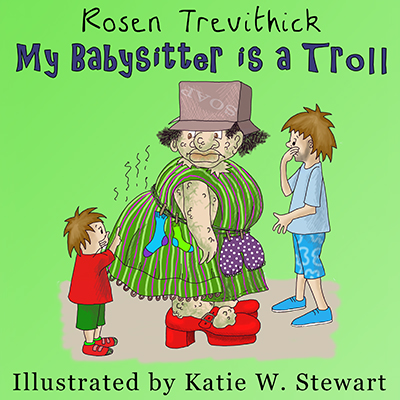
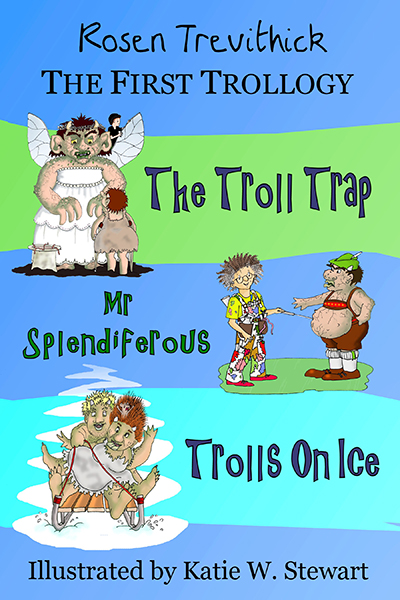
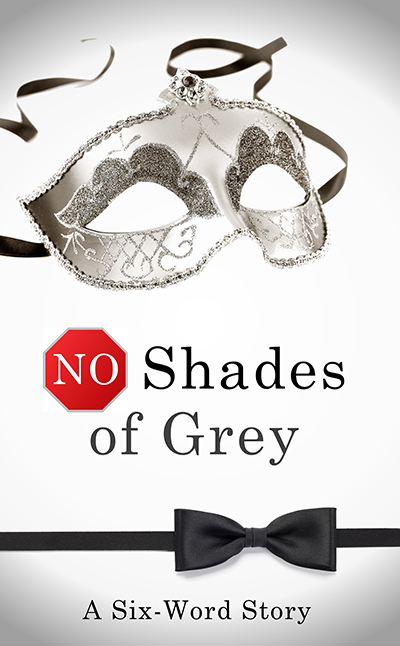
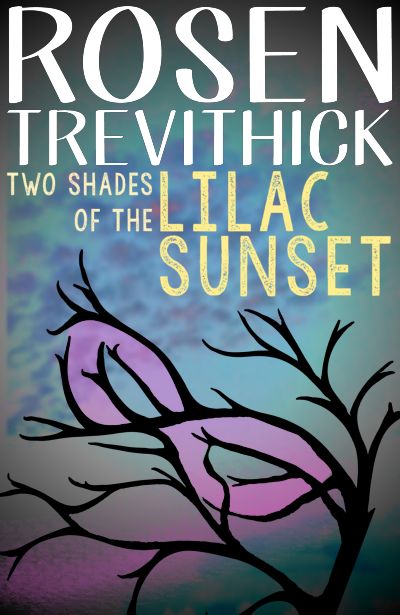
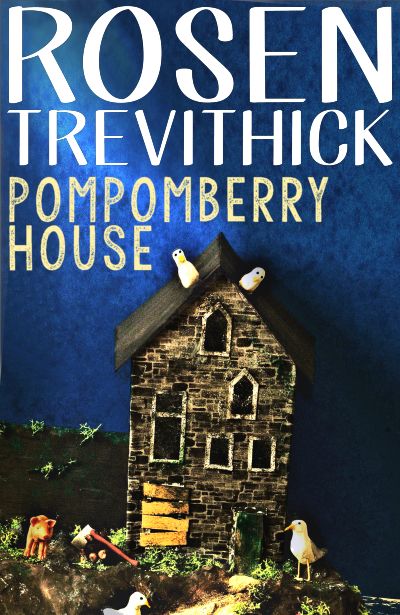
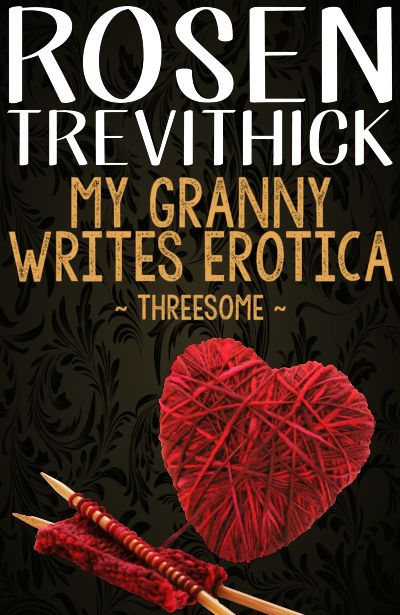



Very fair and well thought out, Rosen. Well done and thank you for all the hard work you've put into this.